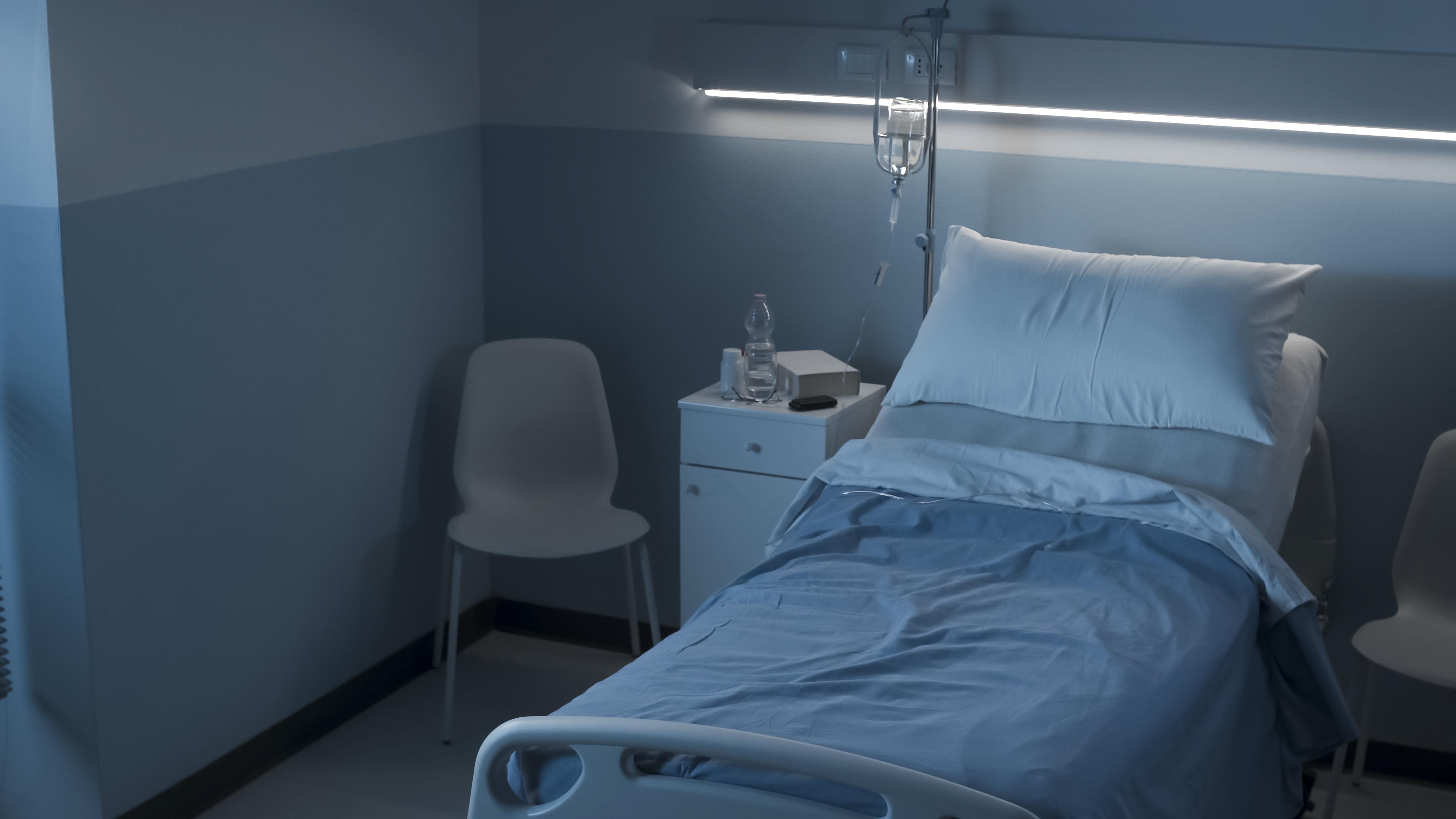I’future health observatory from the Viavoice Institute and the VYV group has just been published, and reveals the hopes and concerns of the French and their doctors about medical research. The opinion survey, carried out among a general public sample of 1,200 people from 300 doctors, shows that 70% of respondents, French as well as professionals, believe that “scientific and technological progress in health has never been so promising, and should even accelerate”. Nevertheless, practitioners are worried about the disparities it could cause between them and patients.
“Distancing” or even “dehumanization”
Indeed, it is about the future of the patient-doctor relationship that the latter are concerned: 52% against 37% of the general public think that “The proximity and trust between doctors and patients are likely to deteriorate in the years to come”. They mention in particular the risk of “distancing” or even “dehumanization” driven by new digital tools, which in particular lead to self-medication. Doctors are also more concerned about the digitization of certain personal data (47%) than the general public (34%). Lastly, 66% versus 58% of French people consider that “Medical secrecy will be more difficult to enforce than before” with the development of new technologies.
Still according to the study, the French also fear a new medical desert, this time digital, for all those who would not have access to it for reasons of cost or complexity of the tools.
Beneficial developments, however
But the picture is not all black. The survey reveals in particular that for 63% of the general public and 69% of doctors, future developments will be “beneficial[s] for themselves and for their loved ones”. According to respondents, the main progress will be related to research. Great hopes are placed in the treatment of serious diseases such as cancer, Alzheimer’s or AIDS. For the majority, overcoming these pathologies would be possible in the years to come.
The French population and doctors questioned also say they are ready to use predictive medicine. Two-thirds of the general public believe that advances in genetics are “one of the main hopes for tomorrow”, for 66% of practitioners. Only 19% and 18% respectively did not “don’t want to know in advance what illnesses they might have in the years to come”.
Finally, technical expectations are high for 37% of the general public and 28% of doctors. They believe that care offers will be improved by new technologies. The study cites in particular the help of robotics for dependent people, 3D printing, artificial intelligence or nanotechnology, which are still in their infancy.
Read also :
- More than 60% of patients would lie to their doctor
- Virtual reality at the service of health


















